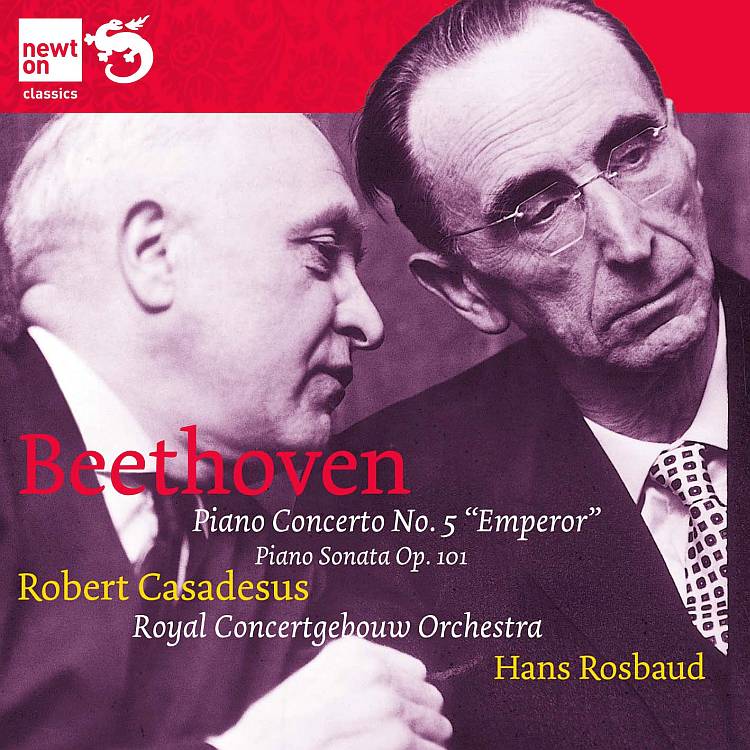Logowanie
Dziś nikt już tak genialnie nie jazzuje!
Bobby Hutcherson, Joe Sample
San Francisco
SHM-CD/SACD - NOWY FORMAT - DŻWIĘK TAK CZYSTY, JAK Z CZASU WIELKIEGO WYBUCHU!
Wayne Shorter, Freddie Hubbard, Herbie Hancock, Ron Carter, Elvin Jones
Speak no evil
UHQCD - dotknij Oryginału - MQA (Master Quality Authenticated)
Chesky! Niezmiennie perfekcyjny
Winylowy niezbędnik
ClearAudio
Double Matrix Professional - Sonic
najbardziej inteligentna i skuteczna pralka do płyt winylowych wszelkiego typu - całkowicie automatyczna
BEETHOVEN, Robert Casadesus, Royal Concertgebouw Orchestra, Hans Rosbaud
Piano Concerto No.5 Emperor, Piano Sonata No.28 in A Op.101
- Piano Concerto No. 5 in E flat major, Op. 73, Emperor
- 1. I. Allegro 19:50
- 2. II. Adagio un poco mosso 06:34
- 3. III. Rondo: Allegro 10:27
- Piano Sonata No. 28 in A major, Op. 101
- 4. I. Etwas lebhaft und mit der innigsten Empfindung 04:02
- 5. II. Lebhaft. Marschmassig 05:33
- 6. III. Langsam und sehnsuchtsvoll 02:07
- 7. IV. Geschwind, doch nicht zu sehr, und mit Entschlossenheit 06:58
- Łączny czas: 00:55:31
- Robert Casadesus - piano
- Royal Concertgebouw Orchestra - orchestra
- Hans Rosbaud - conductor
- BEETHOVEN
Two unlikely pairings at first sight: not just the French polish of Casadesus with the analytical precision of Rosbaud, old-school modernist, but the works themselves, Beethoven’s most public declamation and then one of his more abruptly ordered sonatas fully within his late style. Both pieces are heroic, perhaps, in the sense of presenting a personality, fully sufficient unto itself and not simply the composer’s, that is entirely impelled by a rough force of expression not so much set against the world but apart from it. One of the most probing of today’s pianists, Hélène Grimaud, has recorded just the same combination of works. For her, ‘the real idea of Beethoven’s music is found where the extremes collide. It’s not about hollow pathos or empty, unquestioningly marching heroism, not about misanthropic melancholy or a concomitant world-weariness.’ “Casadesus and Rosbaud, though at first sight a rather unlikely partnership, agree very well on most points and produce an interpretation which is unsensational yet satisfying. The conductor shows extreme care, especially in the tuttis, yet is never unduly austere; in fact the serenity of the Adagio’s opening is most beautifully realised. The recording balance is such that woodwind solos can be heard properly over the piano, but surely what is most enjoyable is the refinement, in both concept and execution, of Casadesus’s playing.” (Gramophone, May 1972)


































